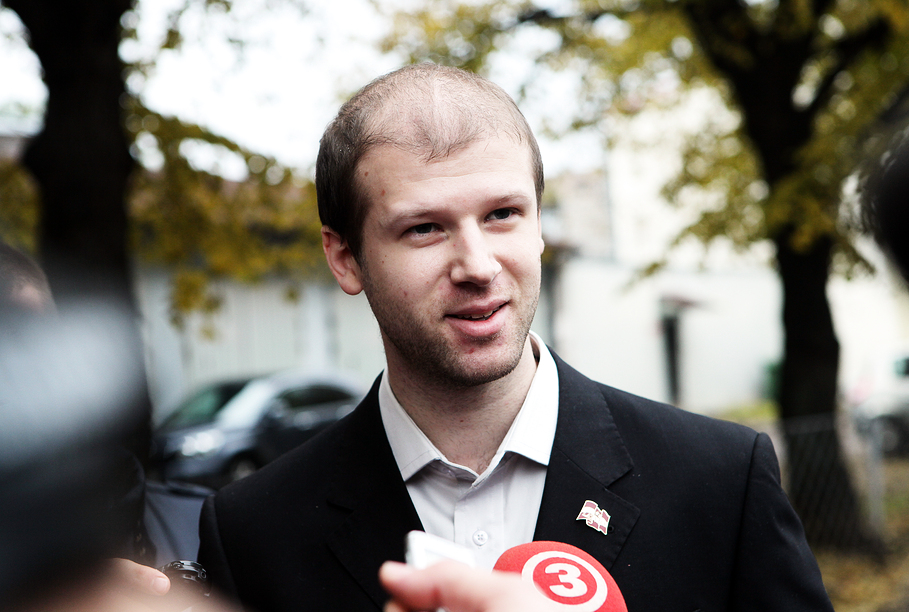The press release announcing the ECHR ruling states that it “decided to continue to indicate to the Latvian government not to expel Mr. Čalovskis until today’s judgement becomes final.”
The interim measure is the second granted since the ECHR first suspended Latvia's extradition orders last year and Čalovskis came out of detention.
While finding against his lawyers’ claims that he faced the prospect of an unfair trial and unreasonably harsh penalties in the US, the ECHR did find his detention in a cage during his Latvian court hearings to have been “excessive”, fining Latvia €5000 to be paid out to Čalovskis.
Latvia agreed last August to extradite the programmer to the United States to stand trial for his alleged role in a global cyber-theft ring that is believed by US investigators to have broken into a million computers worldwide, 40,000 of which were said to be in the US, including 190 at the US space agency NASA.
In August 2012 a Manhattan federal court filed the charges against Čalovskis, 28, and two other Europeans for their alleged cyber-profiteering scheme.
Prosecutors say the scam unfolded between 2005 and March 2012 and that the virus was "virtually undetectable in the computers it infected." First, it was implanted in computers across Europe "on a vast scale," then around 2010 it spread to the United States, the indictment said.
Fellow suspects, Russian Nikita Kuzmin and Romanian Mihai Ionut Paunescu, are already in US custody.
They caused "millions in losses by, among other things, stealing online banking credentials", according to the US federal prosecutor's office.
Calovskis, alias "Miami", was arrested in Latvia in November 2012 and charged with writing some of the computer code in the Gozi Virus.
He is suspected of using his expertise in programming to create "web injects", a code that alters how banking websites appear on infected computers, prompting victims to reveal personal information.
Prosecutors say the sophisticated scam unfolded between 2005 and March 2012.
Financial losses from the virus stand "at a minimum, millions of dollars", according to the indictment.
Attorney Saulvedis Varpins has previously said that his client categorically denies his involvement in the criminal group.
Varpins told information agency LETA during his trial last year that Čalovskis has never admitted to creating or improving upon any such computer virus, and has not received any kind of payment for such services. ''Furthermore, we have not seen any kind of evidence confirming the U.S. point of view that he was involved with some sort of cyber-crime ring,'' Varpins said at the time.
Čalovskis himself is reported to have found employment and even turned to social projects like developing a program to notify authorities of potholes on the roads. He has refrained from commenting to media.































